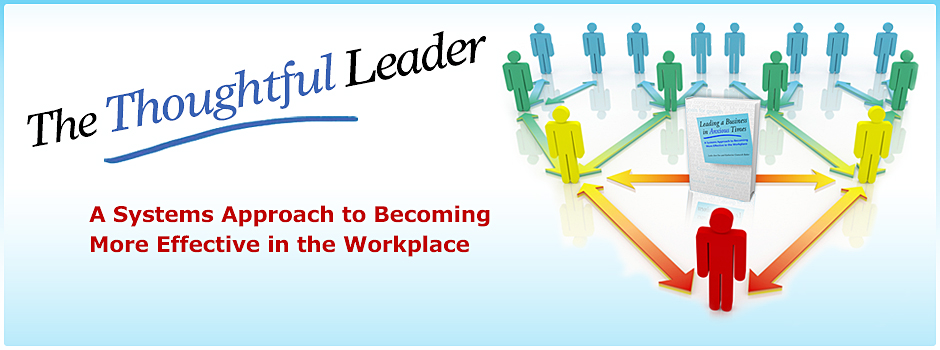For me, the fun in writing these blog posts is thinking through difficult issues that my leadership team and I face in our company and in the wider community of the healthcare industry in which our organization operates. Using systems-based theory as a framework for understanding the emotional context of our challenges helps me manage my anxiety so that I do not act strictly on emotion; rather I strive to use awareness of my emotions to more objectively examine the facts of the situation and the options available to me as a responsible leader. While I usually discuss the importance of getting beyond the emotional state to a more thoughtful place, in this blog post I am going to share my thoughts on the difference between two emotional states, which can be the same in intensity, but may lead to different outcomes. I will be interested to hear the thinking of our readers on whether or not some emotional states can be more or less useful in informing our cognitive processes.
Passion and anger are the two feeling states that I have been pondering this past week. Many of my colleagues are expressing their concern and displeasure over the impending delay of a regulatory change that was announced recently by a federal agency. The announcement caught most people in our industry by surprise, and the range of reactions has varied from relief, to confusion, to outrage. I didn’t encounter anyone who was emotionally neutral upon first hearing the news. However, over the past week all sides of the issue are starting to be vetted and, as the facts continue to emerge, my associates and I will do our best to evaluate the best course of action for our company and for our clients. And I am certain that others in our industry will do the same.
However, I have also observed that some individuals are having a much harder time getting past their initial emotional response. One individual in a leadership position was furious about the possibility of a delay; she expressed her objections angrily and often over the past week. When a colleague tried to discuss the issue calmly, the angry individual lashed out, asserting that the colleague didn’t have the same passion for the issue that she did. In hearing the story, the use of the word passion caught my attention because I think that passion and anger are different, and that having a passion for one’s work or profession is good because it contributes to better performance. Passion is an expression of joy and happiness that is associated with the emotions that arise from play, physical pleasure or a deep sense of commitment or accomplishment—passion is an emotion that energizes and inspires creativity, and produces a sense of satisfaction and calm. It is an emotion that appears to me to be associated with the release of endorphins. With higher endorphin levels, we feel less pain and fewer negative effects of stress.
In contrast to passion, anger arises from fear, the natural response to a threat. Also known as the stress response, fear increases one’s cortisol levels, providing a burst of energy and greater focus in the short run, but it also narrows one’s vision, and reduces the ability to see a more varied range of options. Further, if the stress response isn’t quickly followed by the relaxation response, the cortisol levels remain elevated longer and have long term costs to the human, such as impaired cognitive functioning and physiological changes like lowered immunity and other health responses. In short, being angry for more than a brief time in response to a real threat is costly to the individual and to the group in the long run.
Thinking about one’s emotions, whether positive or negative, and having an awareness of the role they play in decision making is important because cognitive processing is not only informed by emotions but also affected by it physiologically. The emotionally aware leader needs to ascertain the difference between passion and anger in self. Knowing what kind of emotion one is experiencing can help produce a calmer, more thoughtful, more positive response and yield a greater range of choices for decision making.
Leslie Ann Fox, February 24, 2012
